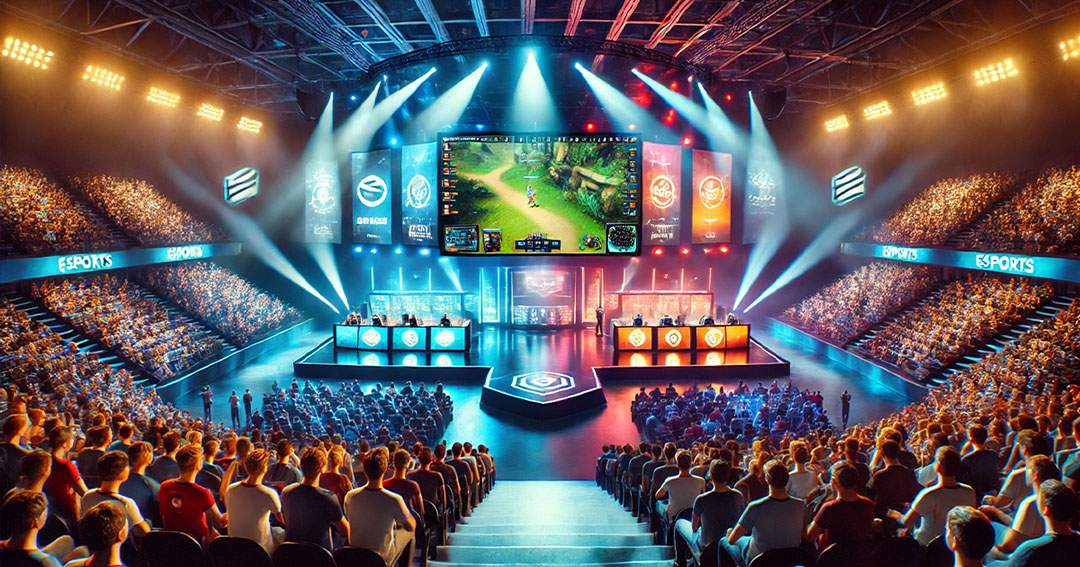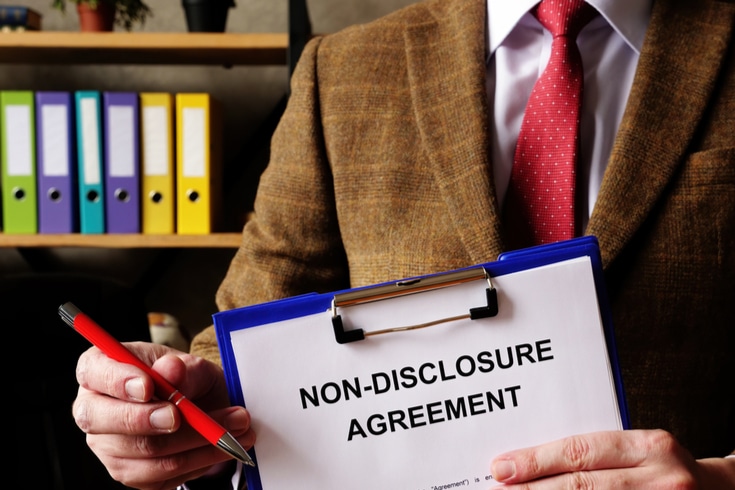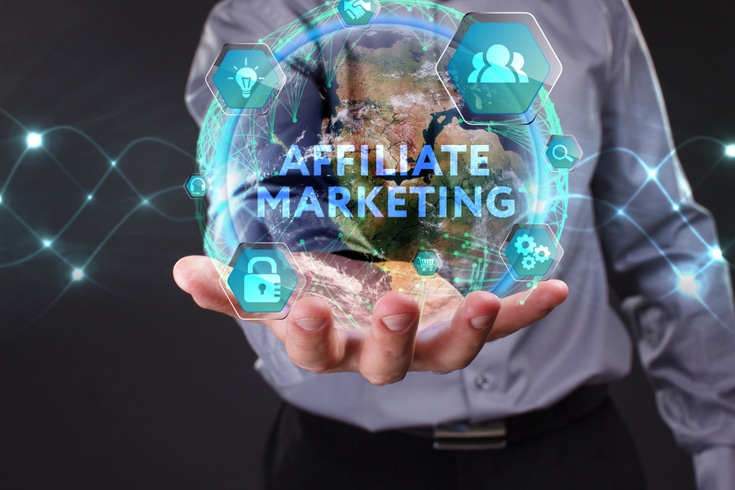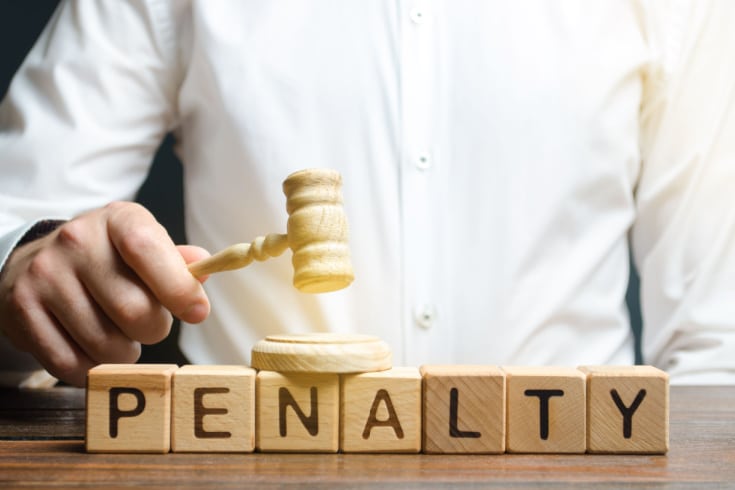Detailed Legal Analysis of Regulations Concerning eSports Competition Venues

With the growing popularity of eSports, the demand for hosting tournaments in various locations is increasing. Since the legal regulations applicable vary depending on the nature and usage of the venue, this article will explain, from a practical perspective, the legal regulations concerning eSports tournament venues and specific methods for addressing them.
eSports and Legal Regulations
Current Legal Position
eSports has traditionally been treated differently from conventional sports. However, as its social recognition increases, its legal positioning is also evolving.
An important case illustrating this change is the Osaka Dance Club Case (Osaka High Court, January 21, Heisei 27 [2015], not published in official reports).
In this ruling, the court provided a limited interpretation of “dance” as regulated under the Japanese Entertainment Business Act, based on the purpose of the law. This method of interpretation could potentially serve as a reference for applying regulations to eSports.
Practical Measures for Hosting at General Facilities
1. Determining the Application of the Japanese Entertainment Venue Law and Preparations
When hosting an eSports competition at a general facility, it is essential to first consider the applicability of the Japanese Entertainment Venue Law.
The law defines an “entertainment venue” as a facility that presents movies, theater, music, sports, variety shows, or exhibitions to the public (Article 1, Paragraph 1 of the Japanese Entertainment Venue Law), and operating such a venue as a business requires permission from the prefectural governor (Article 2 of the same law).
An important practical point is the frequency of facility use.
A directive issued on September 5, Showa 33 (1958) by the Ministry of Health and Welfare states the following:
“The Japanese Entertainment Venue Law supervises and regulates the facility where entertainment is held, not the entertainment itself. Permission under this law is granted when the facility is repeatedly and continuously used as an entertainment venue.”
Furthermore, the directive specifies that “when a certain facility is repeatedly and continuously used as an entertainment venue (approximately four times a month or more), it should be treated as requiring permission.”
Based on this criterion, it is necessary to carefully consider the frequency of the event.
2. Practical Procedures for Permission Application
For permission applications, it is recommended to start with a preliminary consultation with the Public Health Department of the prefecture where the facility is located (the name may vary by municipality).
During the preliminary consultation, preparing materials such as facility blueprints, an overview of the planned frequency of events, expected audience numbers, venue capacity, and equipment layout plans can help obtain more specific advice.
When preparing application documents, it is necessary to include a wide range of content, such as an overview of the facility’s structural equipment, an explanation of the facility management system, a safety and health management plan, a fire prevention management explanation, and a policy for dealing with nearby residents.
These documents serve as the standards for actual operations, requiring careful preparation.
3. Specific Practical Considerations
Compliance with the structural equipment standards set by each prefecture’s ordinances is particularly important.
Ensuring adequate passageway width requires confirmation of the minimum width.
Additionally, regarding the installation of appropriate ventilation equipment, it is necessary to check the ventilation frequency standards, secure the required number of emergency exits, properly place fire-fighting equipment, and enhance toilet facilities while confirming gender ratios and quantity standards.
Particular attention is needed for the varying regulatory standards by prefecture.
For example, Tokyo has unique regulations regarding late-night operations in specific areas, while Osaka Prefecture has specific requirements for equipment standards.
Major metropolitan areas like Kanagawa and Aichi Prefectures also have their own regulations.
These regional differences are especially important considerations for organizers planning nationwide expansion.
Furthermore, attention must be paid to differences in municipal operations.
Even with the same laws or ordinances, interpretations and operational policies may vary by municipality.
For instance, some municipalities may make stricter judgments regarding the interpretation of “repeated and continuous use,” while others may adopt a more flexible approach.
These differences are difficult to grasp without prior confirmation, and consulting with experts familiar with local conditions is effective.
4. Building Relationships with the Local Community
For the smooth operation of eSports tournaments, building good relationships with the local community is essential.
Especially for venues close to residential areas, it is necessary to appropriately address residents’ concerns about noise and foot traffic.
Effective practical measures include holding pre-event resident briefings and setting up regular information-sharing sessions.
During operations after obtaining permission, it is important to create and maintain regular equipment inspection records.
Additionally, it is necessary to develop an emergency response manual and conduct employee training.
Furthermore, attention must be paid to daily management and operations, such as implementing noise countermeasures for nearby areas and ensuring thorough cleaning and hygiene management.
Specific Measures for Hosting at Game Centers
1. Determining the Application of the Japanese Entertainment Business Act
Operations at game centers are subject to regulations under the Japanese Entertainment Business Act (Fūeihō).
Article 2, Paragraph 1, Item 5 of the Japanese Entertainment Business Act stipulates the following:
“Businesses that allow customers to play games using slot machines, video game machines, or other gaming equipment that can be used for purposes other than their original intent, which may incite gambling tendencies (limited to those specified by the National Public Safety Commission), in stores or similar partitioned facilities (excluding those used for hotel business or other operations specified by government ordinance, or facilities accompanying such operations).”
The specific details of this regulation are elaborated in Article 3 of the Enforcement Regulations of the Japanese Entertainment Business Act. Particularly relevant to eSports, Item 2 of the same article specifies:
“Video game machines (limited to those with functions for competitive gaming or those that display game results in numbers, letters, or other symbols on display devices such as CRTs or LCDs, excluding those clearly not used for games that may incite gambling tendencies).”
2. Practical Application Procedures and Coordination with Relevant Authorities
As a practical step before hosting a tournament, it is essential to first verify the content of the game center’s permit under the Japanese Entertainment Business Act.
Examine whether the planned tournament can be conducted within the scope of the existing business permit, and consider applying for additional permits if necessary.
Close coordination with the local police station is indispensable in this process.
In pre-consultations with the Community Safety Division of the local police station, obtaining clear answers regarding the legality of the tournament format and the possibility of collecting participation fees is crucial.
Additionally, specific discussions on the necessity of age restrictions and permissible time slots for the event should be conducted.
It is recommended to document these discussions in writing to prevent future disputes.
3. Compliance with Illumination Standards and Noise Regulations
Compliance with the illumination standards based on Article 14 of the Japanese Entertainment Business Act is particularly important in practice.
Regularly measure the illumination within the facility and keep records of these measurements.
If using special lighting for the tournament, verify its effects in advance and consider installing auxiliary lighting if necessary.
Additionally, addressing noise and vibration regulations based on Article 15 of the Japanese Entertainment Business Act is crucial.
Check and enhance soundproofing equipment as needed, and manage volume levels considering audience cheers and other factors.
Particularly, consideration for nearby residents is important, and obtaining their understanding through prior explanations contributes to smooth tournament operations.
4. Facility Management and Safety Measures
When hosting an eSports tournament at a game center, a different safety management system from regular operations is required.
For audience management, it is important to impose entry restrictions considering the venue’s capacity and ensure clear pathways for spectators.
Additionally, if installing special equipment such as viewing monitors or sound systems for commentary, it is necessary to confirm whether these can be installed within the scope of the existing business permit.
5. Troubleshooting and Crisis Management
Potential issues in tournament operations include disputes among participants, equipment malfunctions, and emergency responses.
As preventive measures, setting clear competition rules and establishing a collaboration system with medical institutions are important.
Practical Considerations for Offering Prizes and Awards
1. Determining the Legality of Offering Prizes and Awards
Article 23, Paragraph 2 of the Japanese Entertainment Business Act prohibits amusement facility operators from offering prizes. However, the interpretation may differ for temporary events held in a tournament format.
In practice, if the event is clearly a one-time occurrence and lacks continuity as a business operation, there is a higher likelihood that offering prizes and awards will be permitted.
Nevertheless, even in such cases, it is necessary to ensure that the prizes and awards do not promote excessive gambling.
On the other hand, when holding regular tournaments, it is crucial to carefully verify compliance with the business license requirements under the Japanese Entertainment Business Act.
Additionally, it is essential to check local regulations regarding prize offerings and coordinate in advance with relevant authorities.
It is advisable to document and retain records of these verifications and coordination efforts in writing.
2. Practical Risk Avoidance and Record Management
When offering prizes and awards, it is important to appropriately set the ratio of participation fees to prize money and ensure the prize value range is reasonable.
To maintain transparency in the offering process, it is recommended to clearly define the selection criteria and awarding methods and inform participants in advance.
In practice, it is crucial to properly maintain records of the tournament’s overview, the number of participants, the history of prize offerings, and the details of discussions with relevant authorities.
These records not only serve as explanatory materials in case issues arise later but can also be utilized for improving future tournament operations.
Comprehensive Practical Considerations and Future Outlook
1. Application Procedures and Practical Operational Responses
In application practice, it is crucial to secure ample time from application to approval.
Accurately preparing the submission documents and confirming any unclear points in advance can prevent procedural delays.
Additionally, building and maintaining good relationships with relevant agencies is essential for smooth operations.
Based on practical experience, it is generally necessary to anticipate about 2 to 3 months from application to obtaining approval.
Particularly for first-time applicants, it is recommended to allocate sufficient time for preliminary consultations.
Moreover, when preparing submission documents, referring to past approval cases often leads to smoother reviews.
2. Effective Coordination with Relevant Agencies
Coordination with relevant agencies typically requires parallel discussions with multiple entities such as the police station, fire department, and health center.
For effective coordination, it is important to accurately understand the jurisdiction of each agency and proceed with discussions in the appropriate order.
In particular, discussions with the police station often require the presentation of specific security plans from a crime prevention perspective, necessitating prior coordination with security companies.
3. Practical Responses to Troubleshooting
During event operations, various issues can be anticipated, ranging from disputes among participants to equipment malfunctions.
To effectively address these, it is beneficial to manualize frequently occurring problems and their solutions.
In particular, preparing for equipment troubles and reputational damage through social media is crucial.
4. Responding to Legal Revisions and Future Prospects
The legal environment surrounding eSports is expected to continue evolving.
As practitioners, it is important to closely monitor trends in legal revisions and actively exchange information with industry associations.
Especially, overseas regulatory trends may influence Japanese legal revisions, necessitating attention to international developments.
Anticipated future changes include the establishment of new legal frameworks for eSports-specific facilities and the review of prize money regulations.
Preparing an operational system capable of flexible responses to these changes is crucial.
Practically, it is recommended to regularly gather information on legal revisions and consult experts as needed.
Conclusion
Organizing an eSports tournament involves various legal regulations depending on the nature of the venue and the operational format. However, these regulations do not necessarily hinder the hosting of tournaments. With appropriate preparation and response, it is entirely possible to conduct a safe and sound tournament. The key elements are thorough preparation in advance, close collaboration with relevant organizations, and flexible adaptation to changes in the legal environment.
In practice, it is particularly important to prepare carefully, taking into account regional personalityistics, and to build good relationships with stakeholders. Additionally, attention must be paid to changes in the legal environment accompanying the future development of eSports, and appropriate measures should be taken. Tournament organizers are expected to manage operations in a balanced manner, considering these aspects comprehensively.





















